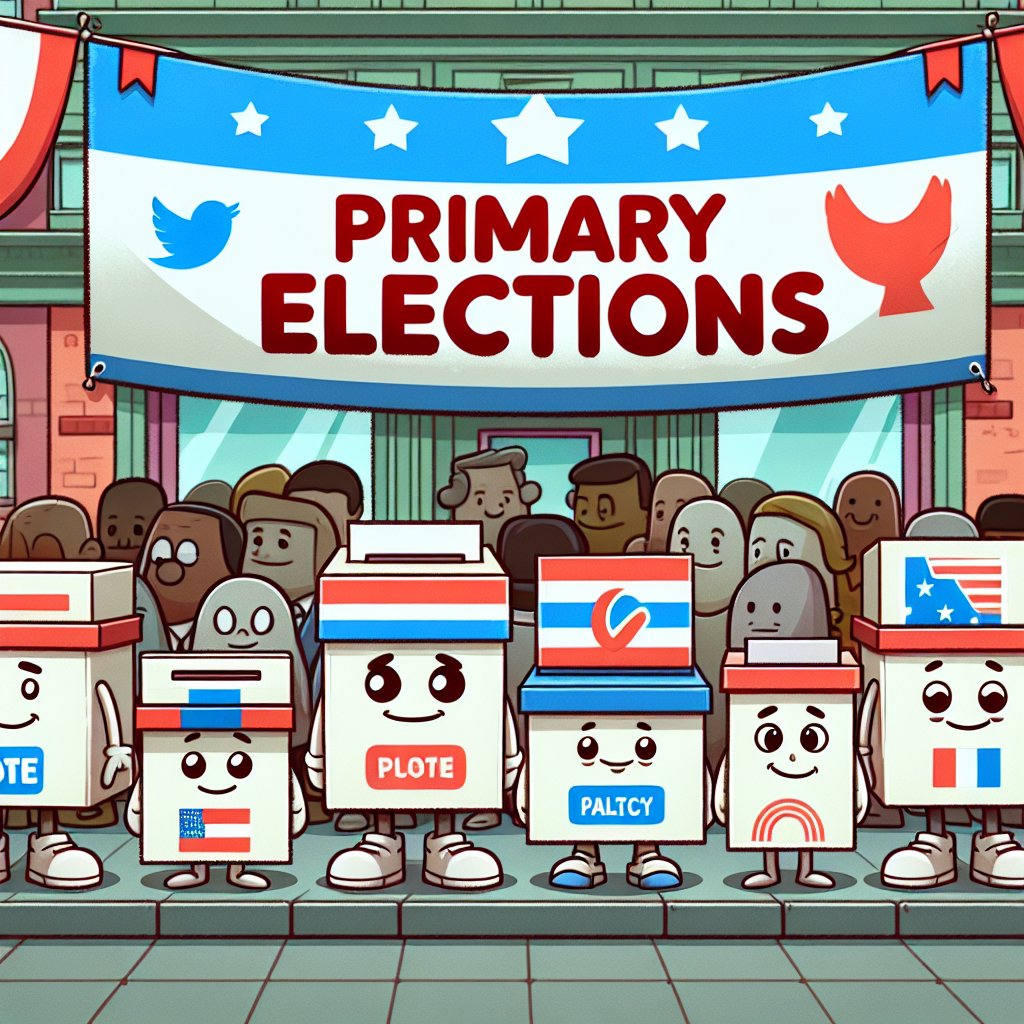Botswana's Political Crossroads: The High-Stakes Election of 2023
Botswanans vote in a crucial election, deciding if President Mokgweetsi Masisi and his Botswana Democratic Party will secure another term amidst economic challenges. Opposition parties, including the Umbrella for Democratic Change, aim to address declining diamond demand-led growth and propose significant wage increases.

Botswana's electorate headed to the polls on Wednesday, casting votes in an election set to determine whether President Mokgweetsi Masisi will win a second term. The Botswana Democratic Party (BDP), in power since 1966, faces declining popularity amid economic challenges fueled by waning diamond demand.
A fragmented opposition presents a significant challenge to the BDP's enduring governance. The Umbrella for Democratic Change (UDC), led by lawyer Duma Boko, is the primary contender, while two additional parties have also fielded presidential candidates. Voter turnout started robustly in the capital, Gaborone, with long queues at polling stations.
Among the voters, entrepreneur Penny Mogale expressed support for Masisi's entrepreneurship programs, crucial for her catering business, while security guard Teto Mosweunyane advocated for change, decrying insufficient wages. The opposition has pledged to significantly raise the minimum wage if successful in capturing the presidency. Botswana, despite per capita wealth, grapples with economic diversification challenges and aims for a 1% growth rate amidst a declining diamond market.
(With inputs from agencies.)
ALSO READ
World Bank Report Unveils Breakthrough in Tracking Economic Growth
Traders Rally for 100% Voter Turnout in Key Elections
Nepal's Foreign Investment Boom: A Promise of Economic Growth
India's 20-Year Demographic Advantage: A Blueprint for Economic Growth
High voter turnout in J-K assembly polls reflected enduring faith of people in democratic process: LG Manoj Sinha.










